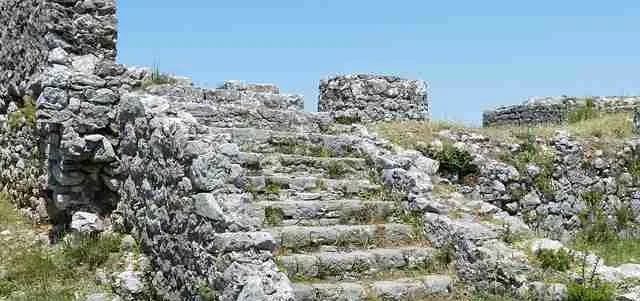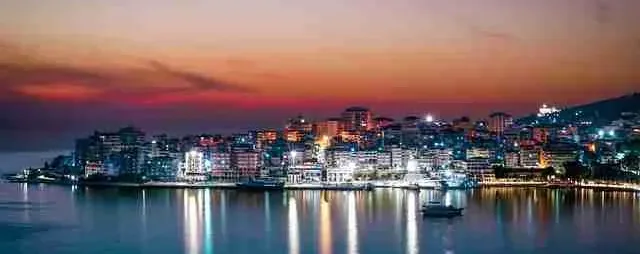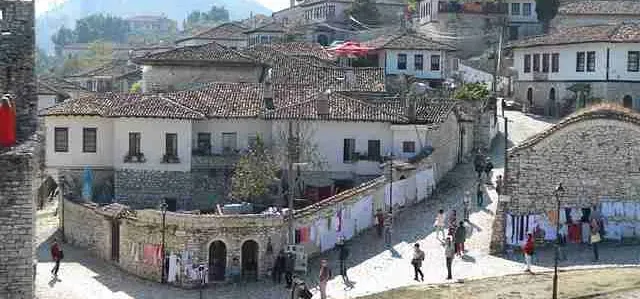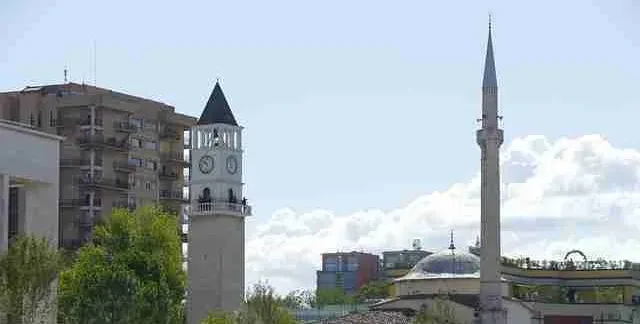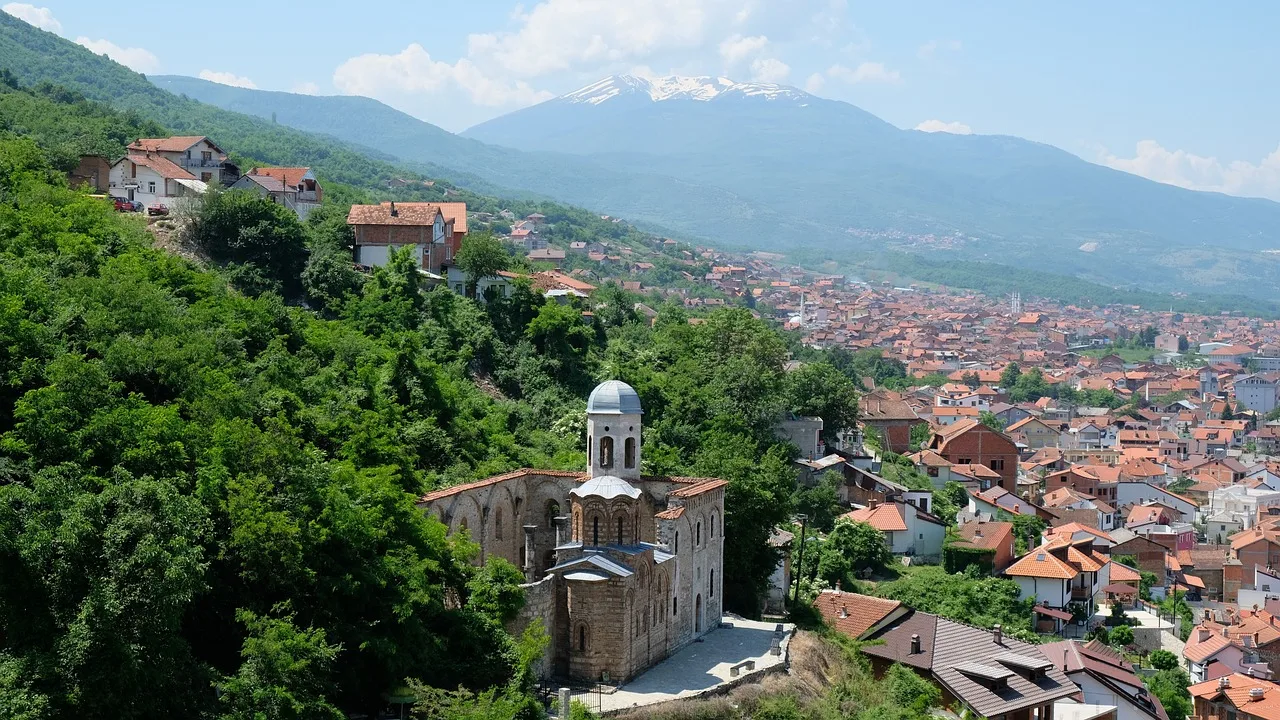
Albania, Kosovo and North Macedonia Tour
Our Albania, Kosovo and North Macedonia Tour is a private 11-day journey through three of the Balkans most intriguing countries.
Albania Tours
Albania’s cultural heritage stretches back thousands of years, offering a rich and diverse experience for travellers who enjoy history, art and authentic local traditions. An Albania tour provides the perfect opportunity to explore this fascinating country and discover its unique blend of influences shaped by centuries of change.
One of the most rewarding aspects of an escorted Albania tour is the chance to uncover its ancient past. The country is home to several remarkable archaeological sites, including Butrint, a UNESCO World Heritage Site and the ancient city of Apollonia. These ruins offer a vivid glimpse into the lives of the Illyrian people and reveal stories of their customs, beliefs and daily routines. Walking among these historic remains brings the past to life in a way that’s both educational and inspiring.
Beyond its ancient sites, Albania has a thriving artistic and cultural scene. Museums, galleries and exhibitions showcase the work of talented Albanian artists and craftspeople, alongside international creators who have drawn inspiration from Albania’s landscapes and history. From traditional rug-making and embroidery to contemporary sculpture and painting, there’s something to engage every interest. Moreover, the country’s creative spirit adds depth to any cultural journey, making it a truly enriching experience.
Architecture also plays a key role in Albania’s cultural identity. Cities and towns feature a striking mix of styles, including Ottoman, Byzantine, modernist and socialist influences. Each building tells a story, reflecting the country’s complex history and its evolving present. Exploring these architectural contrasts offers insight into Albania’s diverse cultural roots and the resilience of its communities.
Food is another highlight of any Albania tour. The cuisine reflects the country’s geography and history, blending Mediterranean, Balkan and Ottoman flavours. Dishes such as fërgesë, a hearty stew of peppers, tomatoes and cheese, and byrek, a savoury pastry filled with meat or vegetables, are local favourites. Visitors are also encouraged to try raki, a traditional fruit brandy enjoyed across Albania. These culinary experiences offer a delicious way to connect with local culture.
Meeting the people of Albania often becomes the most memorable part of the journey. Known for their warmth and generosity, Albanians welcome visitors with genuine hospitality. Whether you’re exploring a lively city, relaxing in the countryside or enjoying the beautiful beaches, you’ll find friendly faces and open hearts wherever you go.
An Albania tour offers something for everyone. From ancient ruins and vibrant art scenes to diverse architecture and flavourful cuisine, the country invites you to explore, learn and connect. Whether you’re passionate about history, curious about culture, or simply looking for a new adventure, Albania is a destination that deserves a place on your travel list.
PLACES TO VISIT IN ALBANIA
Albania Tour and Trip Ideas
Albania’s history is both rich and complex, shaped by a succession of civilisations and cultures over thousands of years. From the Illyrians and Romans to the Byzantines, Ottomans and Communists, each era has left its mark on the country’s identity. An Albania tour offers the chance to explore this fascinating past while experiencing the warmth and resilience of its people today.
The earliest known inhabitants of Albania were the Illyrians, a group of people who lived across the western Balkans. Skilled in metalwork and farming, they fiercely resisted foreign rule. In the 4th century BC, King Bardylis famously defeated the Macedonian army led by Philip II. His successors continued to challenge Macedonian and Roman expansion for generations.
The Romans
By the 2nd century BC, the Romans had conquered Illyria and integrated it into their empire. They built roads, cities and aqueducts, and introduced Christianity to the region. When the Roman Empire split in the 4th century AD, Albania became part of the Byzantine Empire. Over time, Slavic groups migrated into the Balkans, settling in areas that are now part of Albania. The Byzantines struggled to maintain control, and by the 11th century, several independent Albanian principalities had emerged.
The Ottoman Empire
In the 14th century, the Ottoman Empire expanded into the region. Albania came under Ottoman rule in 1478 and remained so for over four centuries. During this time, Islam became the dominant religion. Despite efforts to suppress Albanian identity, the language and customs endured. A growing sense of national consciousness eventually led to a movement for independence. In 1912, Albania declared independence and established a constitutional monarchy. However, the country soon faced instability due to World War I and the Balkan Wars, with various foreign powers occupying it during the interwar years.
WWII
World War II brought further upheaval. Albania was occupied first by Italy and then by Germany. The Albanian resistance, led by the Communist Party, played a key role in liberating the country. In 1946, Albania became a Communist state under Enver Hoxha, whose authoritarian rule lasted until 1985. Under his leadership, Albania became one of the most isolated nations in the world.
Following the fall of communism in the late 1980s and early 1990s, Albania entered a period of transition. The country held its first democratic elections in 1992 and has since made progress in building democratic institutions. Albania joined NATO in 2009 and has applied for European Union membership, reflecting its commitment to international cooperation and development.
Modern Albania
Today, Albania is a proud and forward-looking country with a rich cultural heritage and a growing economy. Despite its turbulent past, it continues to welcome visitors with optimism and hospitality. Whether you're interested in history, nature or regional travel, an Albania tour can be tailored to suit your interests. Our Local Tour also offers combined itineraries with North Macedonia, allowing you to explore more of this remarkable region.
Saranda Albania Travel Packages
Albania’s stunning landscapes, rich cultural heritage and welcoming communities make it an ideal destination for travellers seeking meaningful experiences. Increasingly, Albania tour options—whether focused on adventure, history or culture—are embracing sustainability to ensure long-term benefits for both visitors and locals.
One of the key challenges in developing sustainable tourism in Albania is finding the right balance between protecting natural and cultural resources and supporting economic growth. The country is home to several national parks, wildlife reserves and UNESCO World Heritage sites. These places attract visitors from around the world, yet they also represent fragile ecosystems and important cultural landmarks that require careful stewardship.
Saranda’s beaches are known for their clear waters and natural beauty. However, they are also becoming a model for sustainable coastal tourism. With a growing number of eco-conscious hotels and resorts, and a strong commitment to marine conservation, Saranda is setting a positive example for responsible development. One of the most impactful initiatives has been the creation of marine protected areas (MPAs), which now cover a significant stretch of the coastline. These zones offer safe habitats for marine life and help preserve the delicate balance of the ecosystem. Additionally, Saranda has introduced measures to reduce plastic waste and promote renewable energy use.
Thanks to these efforts, Saranda is now considered one of the most sustainable coastal destinations in the Mediterranean. Travellers can enjoy its beaches and waters with confidence, knowing their visit supports environmental protection.
Supporting local communities is another vital aspect of sustainable tourism in Albania. While tourism can drive economic development, it must also be inclusive and equitable. Involving local residents in the planning and management of tourism activities helps ensure that benefits are shared fairly. Encouraging small, locally-owned businesses to offer unique products and services also strengthens the local economy and enhances the visitor experience.
Alternative tourism activities are also gaining popularity across Albania. These experiences tend to be less resource-intensive and more focused on cultural exchange. Whether it’s hiking in the mountains, joining a cooking class, or exploring traditional villages, these options allow travellers to connect more deeply with Albania’s heritage while minimising environmental impact.
An Albania tour that prioritises sustainability offers more than just beautiful views—it creates lasting memories and supports responsible travel. Saranda, with its commitment to eco-friendly practices and community engagement, is a shining example of how tourism can be both enjoyable and ethical.

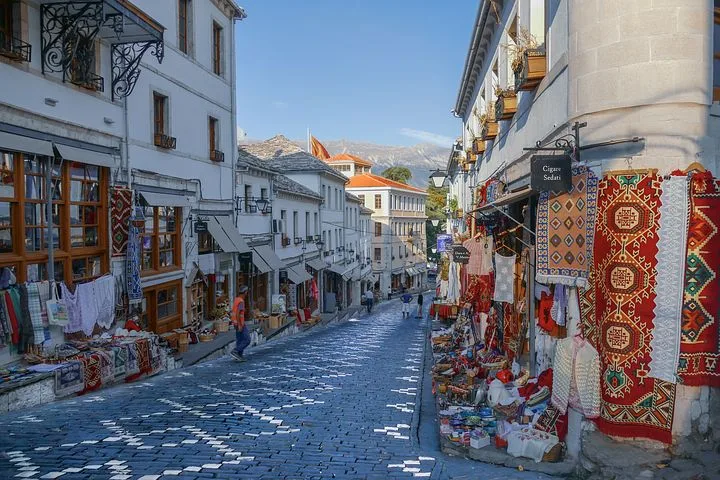
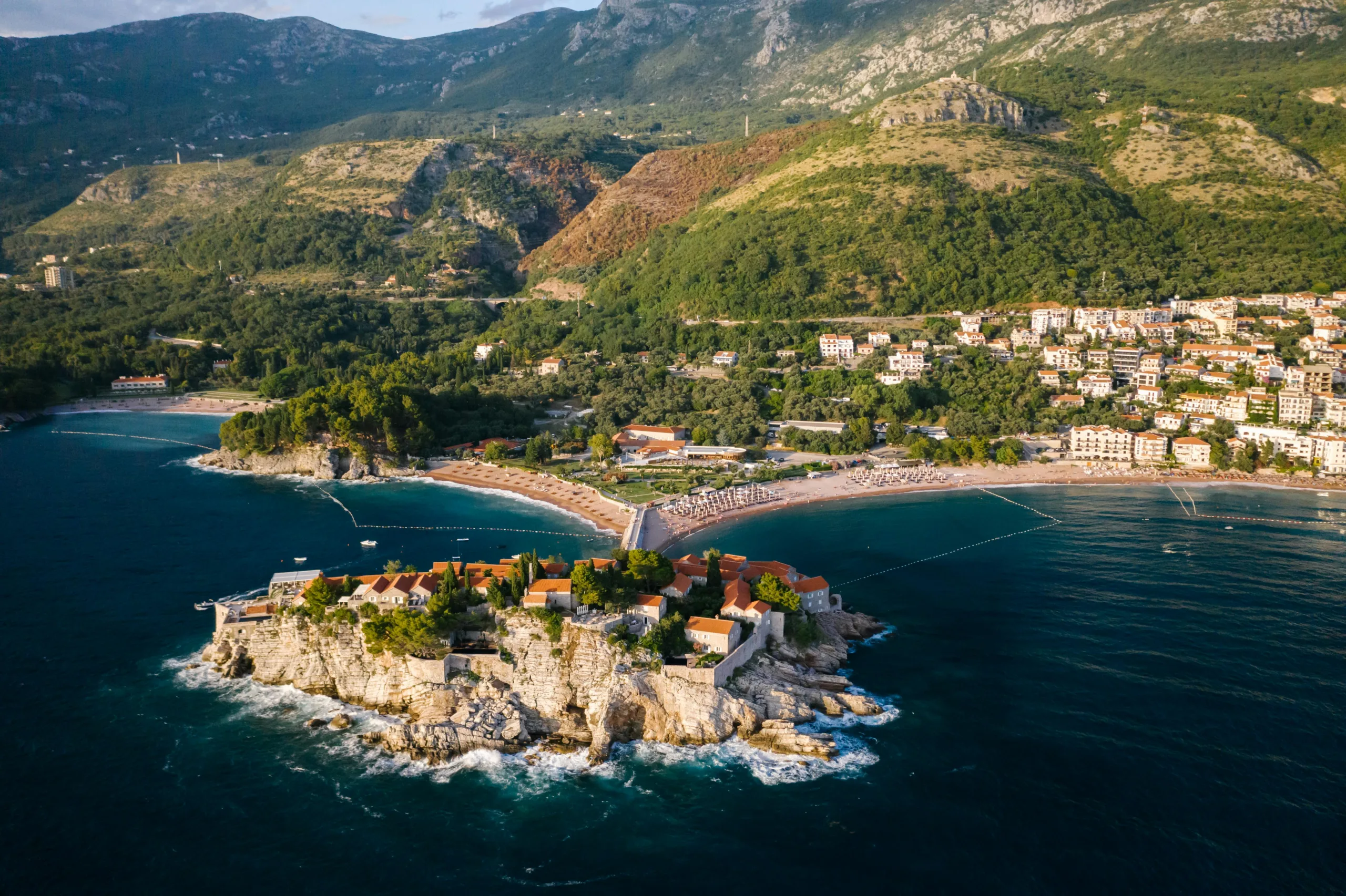
 Our local partner is proud to be one of the first travel companies set up by the new generation to emerge after the fall of communism in Albania. They provide exceptionally professional service in this emerging destination. Their experts have first-hand knowledge of the region and devise innovative, tailor-made itineraries for our clients. They take pride in conveying the historical and contemporary aspects of the region's natural and cultural heritage.
Our local partner is proud to be one of the first travel companies set up by the new generation to emerge after the fall of communism in Albania. They provide exceptionally professional service in this emerging destination. Their experts have first-hand knowledge of the region and devise innovative, tailor-made itineraries for our clients. They take pride in conveying the historical and contemporary aspects of the region's natural and cultural heritage.